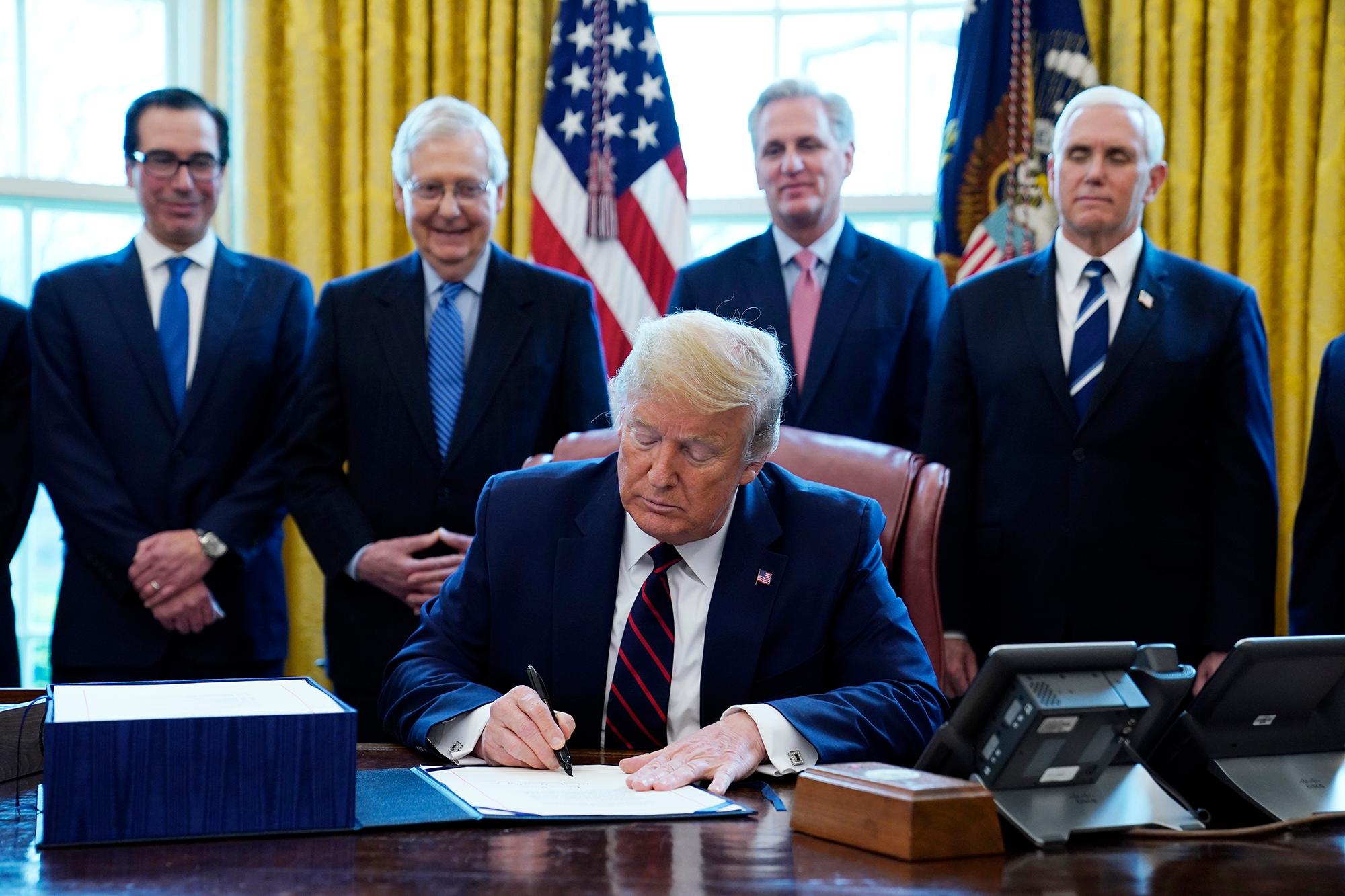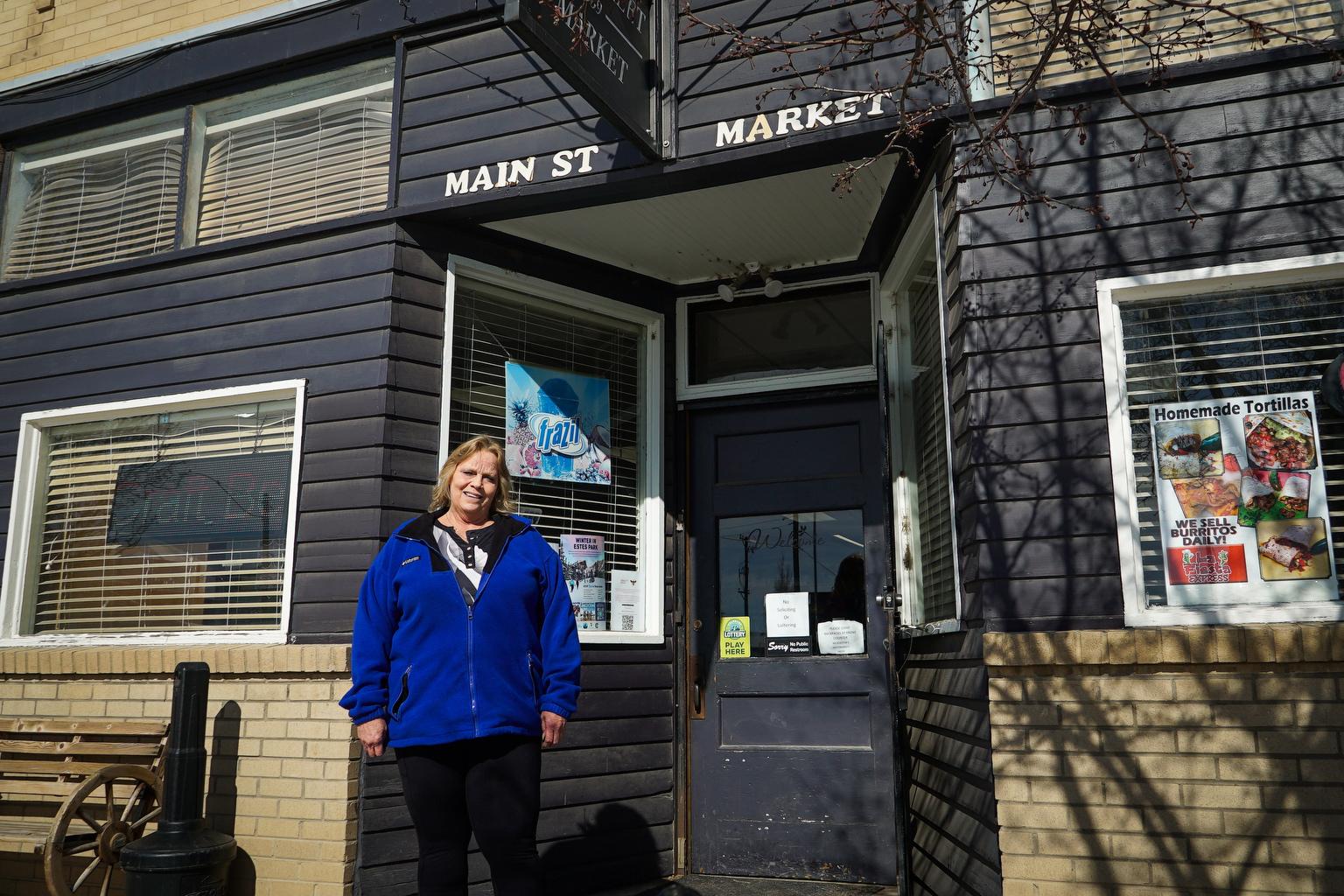
Some Coloradans say they plan to pay their bills with the money they’re starting to receive from federal stimulus checks. But that cash won’t stretch very far.
“The stimulus bill, that’s just going to go to rent and that’s it,” said Martin Hirschhorn of Denver. The $1,200 stimulus check he expects to receive won't even cover one month's rent.
Before everything shut down because of the new coronavirus, Hirschhorn worked as a pastry chef at the Hyatt Regency hotel downtown at the Convention Center. Now on unemployment benefits, he gets about half of what he would normally earn at the hotel.
Hirschhorn said he hasn’t received his stimulus check yet. He’s frustrated that people like him, who don’t have direct deposit, could experience a delay in receiving their checks so that President Donald Trump’s signature can be added to them.
“We have to kind of cater to someone’s ego to get it,” he said, adding that he isn’t happy with the federal government’s response to COVID-19 either. “What they’re doing in other countries — putting a hold on rent, mortgage payments, helping out people rather than major corporations and people who are already rich and don't have to worry about this.”

He said the check will at least keep him out of a homeless shelter for an extra month, but he’s not sure what to do after that. His rental property management company said they’ll only defer payments for a month and he doesn’t have money in savings to put down a deposit on another apartment.
Similar to Hirschhorn, Brianna Hird of Denver, who received her check earlier this week, said she put the money straight to rent and other household expenses.
“It's crappy but I'm also pretty privileged to have a spouse with an income,” she said. “Things are tight but not unmanageable.”
Hird’s husband is a teacher with Denver Public Schools, which has moved to teaching online. She said his salary is about $45,000 a year. She’s a graduate student at Colorado State University and said she normally nannies on the side to earn extra money, but can't do that because of social distancing.
She’s considered getting a job at a grocery store but said it would be hard to manage with school and an internship she has. Plus she’s part of the at-risk group for COVID-19 because she has asthma.
“Managing that is more important to me than trying to find a retail or front-facing job where I’m working with others,” she said. “I had planned to be able to work a little bit more over the summer so I would have more flex in terms of what I could bring home and contribute to the household, but it doesn’t look like that is quite going to be a possibility.”
She said even though things haven’t gone as planned, she still considers herself lucky despite the challenge to make ends meet. Because of that, there is no excess spending in her household.
“I've heard of people saying, ‘I'm going to buy this, I’m going to buy that,’ she said, trailing off. “It goes straight into bills. It has to.”
CPR's Nathaniel Minor contributed to this report.









